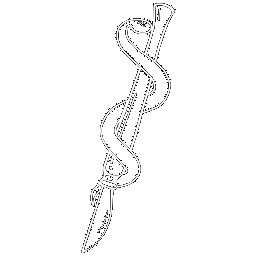Rafał Mulek

SPECIALIST OF GENERAL AND VASCULAR SURGERY
Sleeve gastrectomy is currently the most frequently performed bariatric surgery, regardless of latitude. It owes its popularity primarily to very good effectiveness, as well as to the relative simplicity of implementation (simplicity of the surgical procedure is, of course, a conventional term).
The procedure involves removing most of the stomach. Since everyone's stomach is different in size, the size of the resected stomach is less important. Much more important is the volume of the patient's stomach left after surgery. Each time we try to keep the volume of the "new stomach" around 150 - 200 ml after the surgery. Reducing the volume of the stomach to such a size is called the restrictive element of the operation. Thanks to it, the patient is not able to take a larger volume of food at one time, which is also associated with a smaller amount of calories that the patient takes during a meal. No less important is the fact that in the excised part of the stomach, m. hunger hormone - ghrelin. After a sleeve gastrectomy, thanks to the reduced production of ghrelin, the feeling of hunger is much lower and the desire to reach for another portion of food is definitely less than before.
No less exciting are the other consequences of the surgery. So far, we cannot explain them in a scientific way, but the fact is that patients' tastes change a lot after surgery, and many of them, to great surprise, stop being interested in e.g. sweets.
